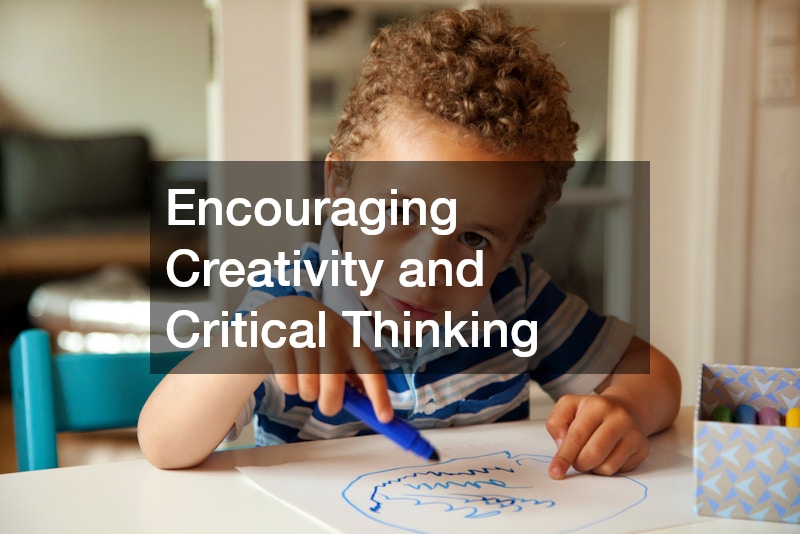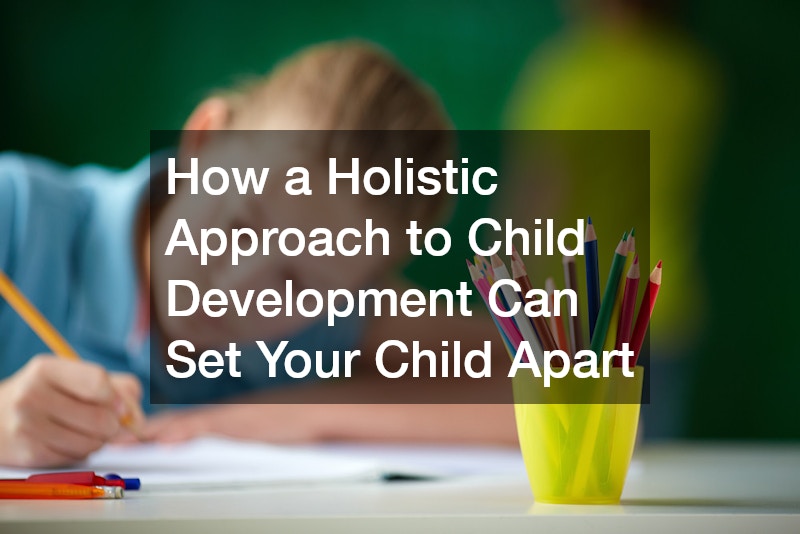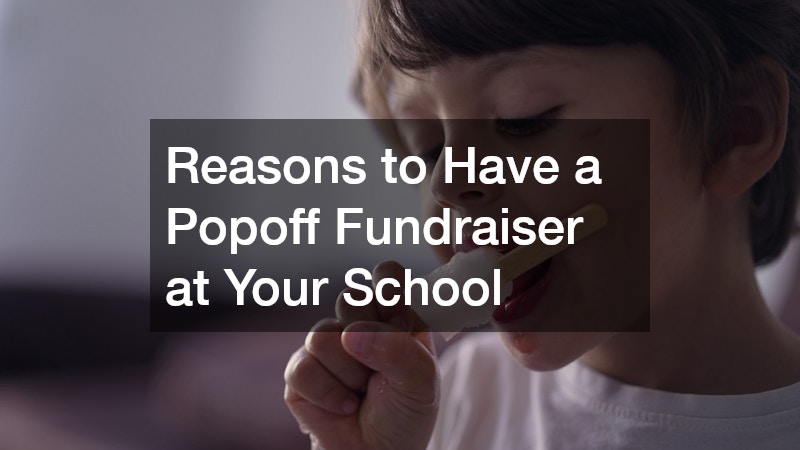
The ever-changing landscape of the modern world poses unique challenges and opportunities for our children. Preparing them to navigate this environment requires a comprehensive skill set that goes beyond academic achievements. Exploring the benefits of a holistic approach to child development can provide them with the resilience and adaptability they need for the future.
What is a Holistic Approach to Child Development?
Understanding Holistic Education
Holistic education is a philosophy of teaching that prioritizes the development of the entire child. It encompasses not just cognitive growth but also emotional, social, and physical development.
By focusing on the whole child, holistic education seeks to foster balanced individuals equipped to handle complex real-life situations.
Central to holistic education is the idea that learning is interconnected. Rather than viewing each subject as separate and isolated, it integrates different fields to create a broader and deeper understanding of concepts. This approach not only reinforces core subjects but encourages students to see connections within their learning and the world around them.
Furthermore, holistic education advocates for an engaging learning environment. Instead of passive instruction, it promotes active participation and experiential learning. Such environments stimulate curiosity, creativity, and self-motivation, essential traits for lifelong learning.
Why Holistic Development is Essential
A well-rounded developmental process ensures that children develop resilience and flexibility. These capabilities are crucial, especially in a world characterized by rapid changes and uncertainties. Children engaged in holistic development are better prepared to adapt and excel, even in adversity.
Holistic development places equal importance on emotional well-being and intellectual growth. Emotional intelligence, including skills like empathy, self-regulation, and communication, plays a significant role in personal and professional success. Cultivating these skills from an early age empowers children to build healthy relationships and make sound decisions.
Moreover, holistic approaches can uncover and nurture individual talents and interests. It provides children with the opportunity to explore diverse activities and discover their passions. As a result, children gain confidence and a sense of identity, enhancing their motivation and engagement in their educational journey.
Comparing Holistic and Traditional Educational Methods
The traditional education system primarily emphasizes academic performance and standardized testing. While this approach focuses on quantifiable measures of success, it often overlooks other critical areas of a child’s development. In contrast, holistic education prioritizes a balanced approach that recognizes the significance of emotional and social growth alongside cognitive achievements.
Traditional classrooms may employ a more rigid structure with a focus on rote memorization and lecture-based instruction. Holistic classrooms, meanwhile, emphasize experiential learning and encourage open discussions and collaboration. This shift fosters a deeper connection to learning materials and promotes critical thinking skills.
Another key difference is the role of assessment. Traditional methods often rely heavily on testing to evaluate student performance. Alternatively, holistic education employs a variety of assessment techniques, recognizing that growth is not solely measured by test scores but also by personal development and creativity.
How Can Parents Implement Holistic Development Strategies at Home?
Fostering Emotional Intelligence and Communication Skills
Emotional intelligence is a vital component of holistic child development. Parents can nurture this by teaching children to recognize and express their emotions constructively. Techniques like journaling or role-playing scenarios support children in understanding their feelings and the emotions of others.
Active listening is another valuable skill to cultivate. By demonstrating attentive listening when children share their thoughts and feelings, parents validate their experiences and model effective communication strategies. Regular family meetings can further promote open dialogue and reduce communication barriers.
Additionally, empathy can be fostered through storytelling and community-based activities. Reading diverse books and engaging in volunteer work allow children to view the world from different perspectives. This exposure aids in developing compassion and enhances their ability to interact positively with others.
Encouraging Creativity and Critical Thinking
Stimulating creativity and critical thinking is crucial for a well-rounded education. Parents can encourage these skills by offering a variety of learning experiences, such as science experiments, art projects, and puzzle-solving. These activities develop problem-solving abilities and encourage innovative thinking.
Educational tools like games and technology can further enhance learning. Online platforms and apps offer interactive experiences that challenge children to think creatively. However, it is important to balance technological engagement with hands-on activities to ensure a well-rounded developmental approach.
Outdoor play is another excellent avenue for fostering creativity and critical thinking. Nature inspires curiosity and problem-solving as children explore and interact with the environment. Unstructured play, in particular, encourages imagination and independence, valuable traits in holistic development.
Integrating holistic development practices into a child’s education plays a crucial role in shaping well-rounded individuals. This approach not only covers the academic aspects of education but also nurtures emotional, social, and physical growth. By adopting holistic strategies, parents can provide their children with the tools and resilience to navigate life’s challenges and succeed in an ever-evolving world.





